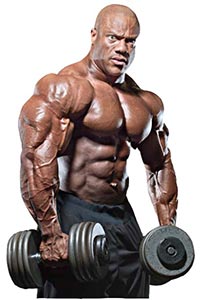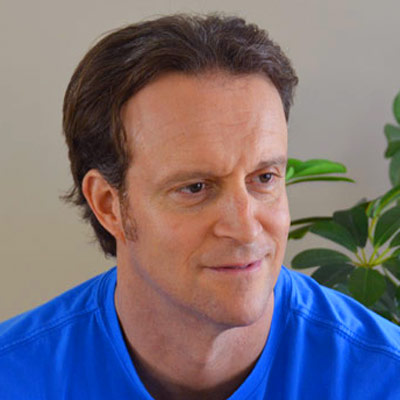Protein is an essential nutrient that your body needs to grow, repair, and keep your muscles and metabolic rate healthy. It is the macro nutrient that you should prioritize at every meal. There is a lot of misinformation and confusion on the subject and as a result, only a few understand how to use protein to their advantage. Below are the key questions that I receive about protein intake.
How effective are protein supplements compared to whole food sources?
 At the risk of throwing mud at the supplement industry, a lot of the confusion starts here. They will have you believe that all you need to do is drink 5 of their high tech protein shakes each day and you will look like this guy by Christmas. Bodybuilders and fitness models are sponsored by supplement companies who are looking to sell more of their products. So it doesn’t make a lot of sense to seek your protein recommendations from sources with such a vested interest. I am not opposed to using a protein supplement post workout. I like the convenience and quick absorption that powders provide, but that is the extent of my supplement use. You should eat real chewable food throughout the day. Meat, fish, dairy, eggs, beans, legumes, nuts and seeds. Relying on nature is always your best option. There is no chemist in a lab that can create anything better than what the earth can provide you.
At the risk of throwing mud at the supplement industry, a lot of the confusion starts here. They will have you believe that all you need to do is drink 5 of their high tech protein shakes each day and you will look like this guy by Christmas. Bodybuilders and fitness models are sponsored by supplement companies who are looking to sell more of their products. So it doesn’t make a lot of sense to seek your protein recommendations from sources with such a vested interest. I am not opposed to using a protein supplement post workout. I like the convenience and quick absorption that powders provide, but that is the extent of my supplement use. You should eat real chewable food throughout the day. Meat, fish, dairy, eggs, beans, legumes, nuts and seeds. Relying on nature is always your best option. There is no chemist in a lab that can create anything better than what the earth can provide you.
How many grams of protein do I need per day?
Whether you want to gain muscle mass or strength, the first goal to establish is how much protein to eat. For males who aim at increasing muscle mass and strength gains, 2 g per kg of body weight should be more than enough. For women, 1.2 g per kg. There is no evidence suggesting any added benefits to eating more protein unless you are insulin resistant and morbidly obese. In that case a high protein/ultra-low carbohydrate diet is warranted (3.3 g per kg of body weight). As insulin sensitivity improves, protein needs will go down and you can replace some of those protein calories with yams, sweet potatoes, russets, etc.

Will I damage my kidneys by eating large amounts of protein (more than a gram per pound of body weight)?
No. The misconception that eating a high protein diet will harm your kidneys comes from the fact that in people with kidney disease, a high protein diet can further compromise function, but we are talking about people whose kidneys already aren’t working well. Kidneys filter your blood to remove waste, maintain proper blood pH, produce hormones and balance out water and sodium (salt) levels. Your kidneys process the waste products from the food you eat, including protein. So eating large amounts of protein will increase the rate at which your kidneys filter, but there is zero evidence suggesting that it causes any damage to them.
Should I eat all my protein at one or two meals or am I better off spreading it out?
Your best bet is to spread your protein intake over 4 to 6 servings approximately every 3 hours. It will keep your blood sugar balanced and provide you with sustained energy and focus throughout the day. If you are not convinced, try lumping your entire protein intake into 1 or 2 meals and I guarantee that your productivity both in and out of the gym that day will suffer for it.

